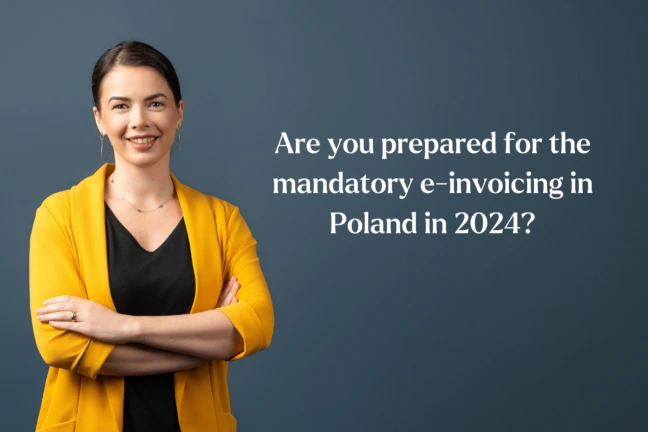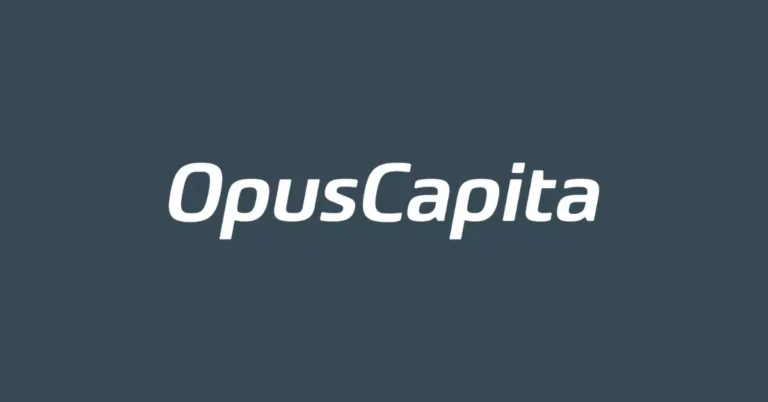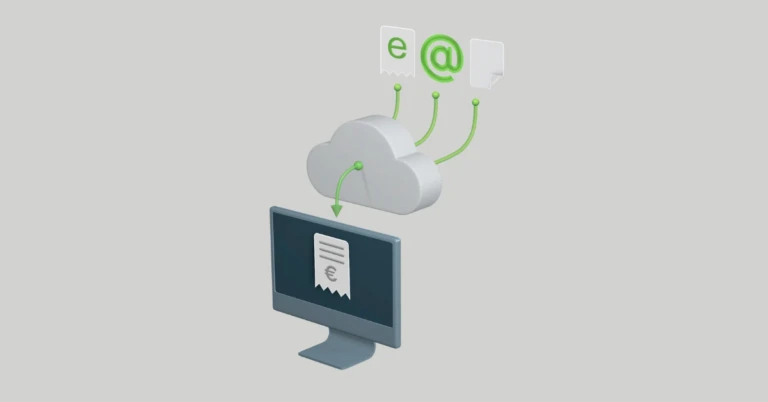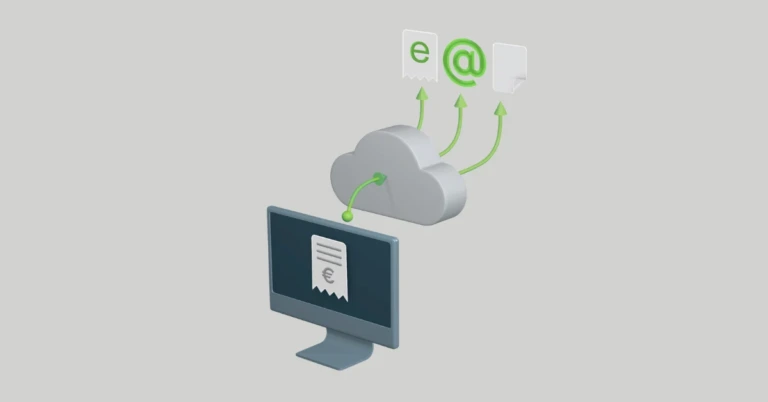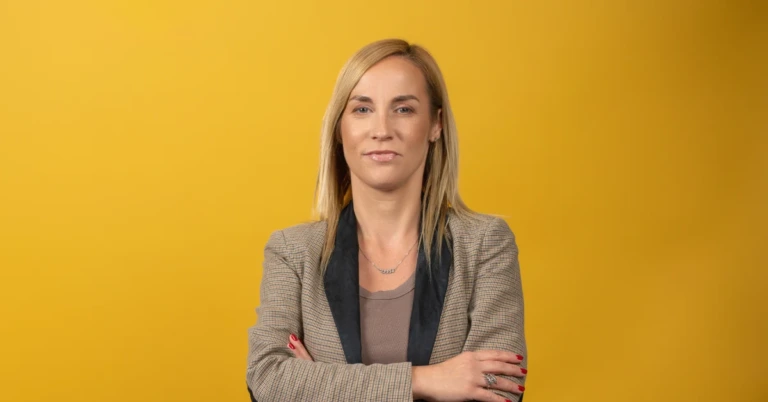
E-invoicing in Germany
Germany has introduced a B2B e-invoicing mandate to be fully effective from the 1st of January 2028 onwards, following the EN 16931 standard from the European Committee for Standardisation (CEN) and ViDA initiative. This means that Germany will gradually transform towards a more regulated e-invoicing model in the future.
B2B e-invoicing
Germany is today in a post-audit model with e-invoicing, where businesses independently manage the creation, transmission, receipt, storage, and reporting of invoices (including VAT), without direct involvement from tax authorities.
In B2B e-invoicing various standards and networks, such as Peppol, are already used, but a large number of companies still rely on email. The commonly used method is to send e.g. ZUGFeRD (PDF with XML data layer) and e.g. XRechnung (pure XML) invoices via email. Large volumes are exchanged as traditional EDI.
B2G e-invoicing
B2G e-invoicing is subject to more regulation compared to B2B. While it is mandatory for the federal government, there are existing alternative approaches that make it decentralized.
The two primary access points for receiving B2G e-invoices from suppliers at the federal government level are the ZRE and OZG RE platforms. However, at the state level, each state has the autonomy to decide whether to use the central government platform, adopt alternative systems, or not implement any system at all.
Closer look at B2G federal platforms
B2G e-invoicing was made mandatory at the federal level in early 2020. Only invoices compliant with EN 16931 standards can be sent to the government. The official e-invoice format for B2G e-invoices is XRechnung, with ZUGFeRD also utilized, primarily because of its compatibility with EN 16931 standards.
When sending electronic invoices to a government entity, a unique buyer reference known as the “Leitweg-ID” is necessary for identification and addressing purposes. While invoice issuers themselves do not require their own buyer reference, the Leitweg-ID must be obtained from the relevant government body.
Sending invoices via ZRE and OZG RE platforms can be accomplished through various methods, including manual data entry on these platforms, email transmission, manual upload, or via Peppol. Technically, you have the option to connect directly to these federal government platforms or utilize a service provider to deliver invoices to the government on your behalf.
ZRE and OZG-RE for delivering e-invoices
ZRE – Zentrale Rechnungseingangsplattform:
- Designed for submission of e-invoices, providing a streamlined process for suppliers to send invoices to the government.
- The federal government and e.g. district authorities require invoice submissions via the ZRE portal.
OZG-RE – Onlinezugangsgesetz-konforme Rechnungseingangsplattform:
- Very similar to ZRE in practice, the main difference is who is reachable via the platform.
- Institutions that are associated with the Federal government, for example, require invoice submissions via the OZG-RE portal.
More information can be found from the government website: https://en.e-rechnung-bund.de/
B2B mandate impact and timelines
Starting from the beginning of 2025, every company in Germany must be ready to receive e-invoices compliant with the EN 16931 standard, such as XRechnung or equivalent formats. Invoice issuance will be mandated in three primary phases also starting in 2025. The Germany mandate applies to domestic invoicing, marking the definitive end of paper-based invoicing entirely from 2028 onwards.
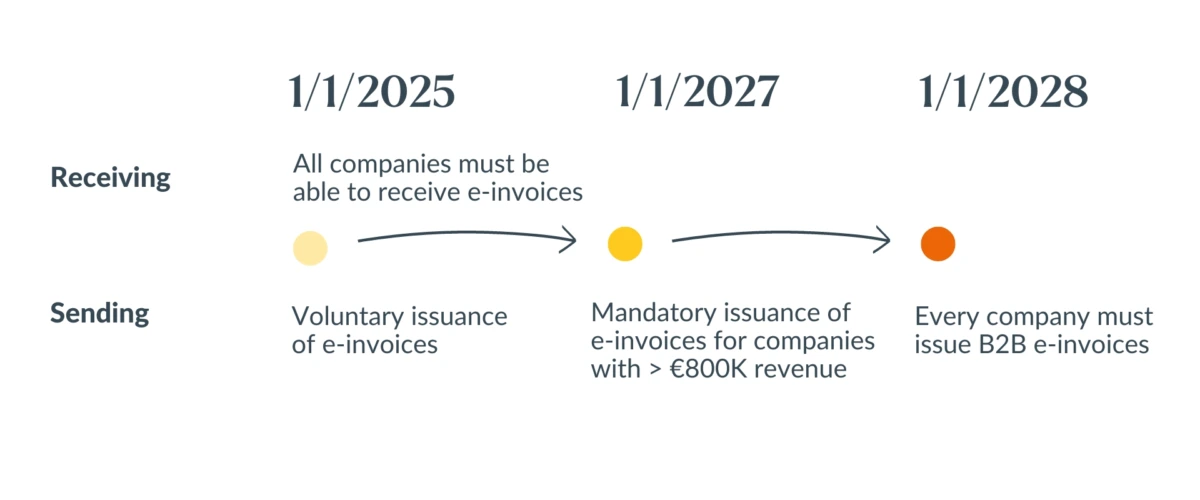
The upcoming changes in electronic invoicing regulations starting from January 2025 will bring both opportunities and challenges for businesses. With suppliers gaining the authority to issue EN-compliant e-invoices to buyers without prior consent, there’s potential for a smoother transition to electronic invoicing, potentially reducing the resources required for accounts receivable.
The coexistence of paper invoices and non-EN-compliant formats alongside EN-compliant e-invoices will keep accounts payable processes complex for some time. However, exchanging invoices in unstructured formats or non-EN-compliant EDI will require prior approval from the buyer.
Starting January 2027, companies with turnovers exceeding €800K will be mandated to send only EN-compliant e-invoices. Smaller companies will have the option to continue sending paper or PDF invoices until January 2028, after which all companies must transition to sending only e-invoices.
OpusCapita e-invoicing solutions for Germany
We offer solutions for both senders and receivers in Germany already today and according to the upcoming mandate. With OpusCapita you can fully automate sending and receiving invoices and reach the level of 100% e-invoices with minimal effort.
Solution for sending e-invoices
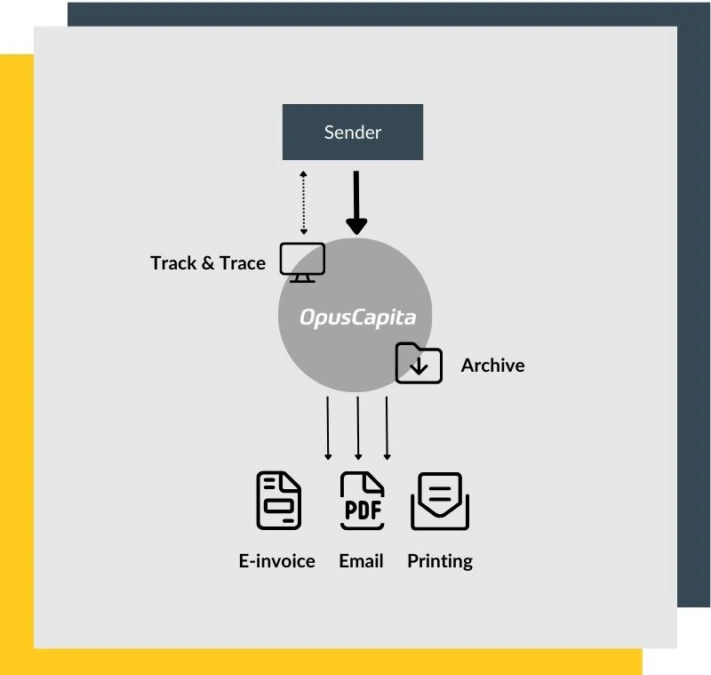
You can send us data in any format you prefer, and we will validate and convert it into legally compliant e-invoices. Our solution ensures EN16931 compliance right from the start.
To deliver e-invoices to your customers, we offer an extensive interoperability network and Peppol to connect your customers. For B2G invoicing, we can convert invoices into the required format (e.g. XRechnung) and deliver them via Peppol or email to government portals. Additionally, invoices are automatically visualized on your behalf.
During the transition period, we can also support you with invoice printing if needed. Since the German mandate is domestic, there might be use cases for printing in cross-border invoicing as well.
With Track & Trace, you can monitor transactions in real-time. Furthermore, it is convenient to archive all invoices in the electronic archive provided by us as part of the service.
Solution for receiving e-invoices
OpusCapita offers a streamlined solution for invoice receivers, facilitating the reception of all invoices through a single connection. With our solution, you can receive 100% of your invoices as e-invoices from day one, complying with the Germany e-invoice mandate.
Our comprehensive service allows you to receive e-invoices from our interoperability network and Peppol. In cases where suppliers still prefer to send PDF invoices via email, we can extract the data from those documents and deliver everything to you in electronic format.
Additionally, we provide invoice digitization and data extraction services throughout the transition period and for cross-border invoices going forward.
With Track & Trace, you can monitor transactions in real time. As an additional service, we also offer an invoice archive.
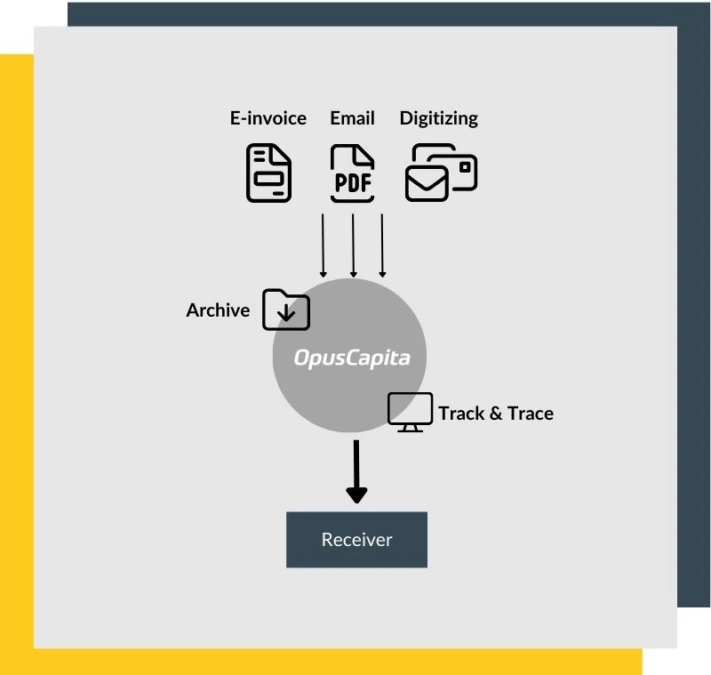

Digital supply chain messages in Germany
As EDI remains critical in Germany’s business landscape, rely on OpusCapita for seamless Supply Chain Messaging. Our services enable a fully digital supply chain, covering order, delivery, and invoice management. This transition saves costs and enhances accuracy and automation.
With decades of experience in transforming O2C and P2P processes, OpusCapita has expertise in B2B industries like wholesale, retail, manufacturing, and construction.

Meet compliance requirements
Fulfill requirements set by Germany e-invoicing mandate. Avoid non-compliance and ensure easy transition.
Achieve 100% e-invoices immediatelly
Send and receive all invoices as e-invoices. Enable automation and improve efficiency considerably.
Ensure business continuity
Communicate seamlesly with your business partners. Migitate risks related to supply chain and cash flow with early implementation.
Don’t miss the deadlines – act now!
You need to act now to have a compliant e-invoicing solution in place for e-invoice receiving before January 1st, 2025. For further information please contact sales – book a meeting directly from our calendars!
Request a demo
Leave your contact info and we’ll be in touch to book a meeting to demonstrate and discuss e-invoicing in Poland and your special business needs.

OpusCapita in Germany
OpusCapita offices in Germany are located in Dortmund. We are happy to provide project implementation and support to you in the local language.
